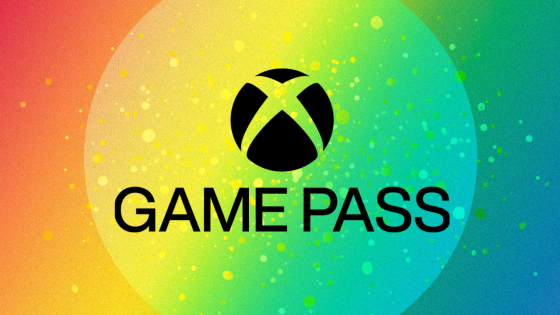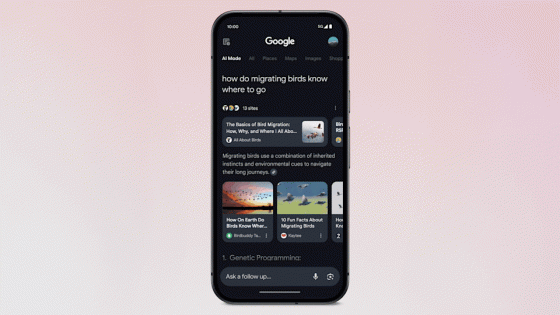In recent global technology News, the gaming community buzzed with excitement over the release of a new title in February 2024. This game quickly garnered critical acclaim, winning awards like Best Ongoing Game and Best Multiplayer Game at The Game Awards. However, the joy was short-lived when, on May 2024, a controversial announcement required PC players to create a PlayStation Network account to access the game via Steam.
- Game launched in February 2024, acclaimed.
- Server issues due to high player volume.
- PSN account requirement sparked player backlash.
- Sony reversed decision after user protests.
- "Pillars of Freedom" cape commemorates controversy.
- Free cape available to all players.
The backlash was immediate and intense, leading to a significant drop in the game’s Steam user score. Just two days later, Sony reversed its decision, sparking a wave of relief among players. Fast forward to May 11, and creative director Johan Pilstedt teased a unique “review bomb cape” on Twitter, which has now become available 417 days after the initial controversy.
This incident raises an important question: how do companies balance player satisfaction with their business strategies? The swift response from Arrowhead Game Studios illustrates the power of community feedback.
- Player engagement can directly impact corporate policies.
- Real-time feedback mechanisms are crucial for maintaining user trust.
- Global gaming communities can unite against unpopular decisions.
- Transparent communication fosters loyalty among players.
As the gaming landscape continues to evolve, developers must remain attuned to player sentiments. Will we see more companies adopting flexible policies in response to community voices?

































